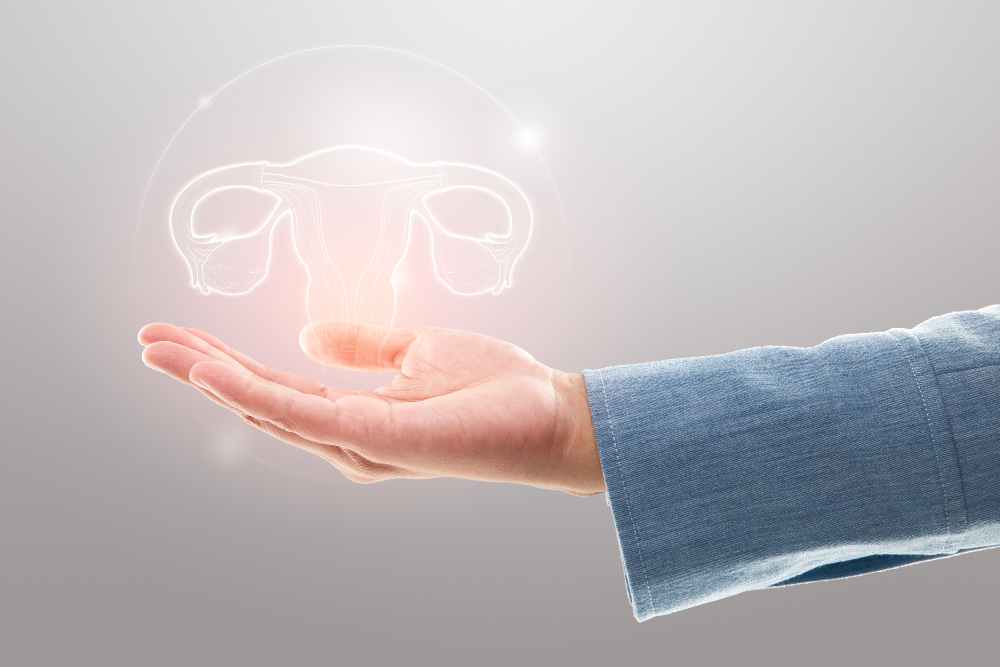Bacterial growth in the urinary tract is a silent invader among the elderly, especially women. While the bacteria in the form of pus cells come with no pain or irritation, they can be a sign of impending urinary tract infection. “Bacteria or pus cells in the urinary tract can often prevail among the elderly and show no symptoms and the condition is called asymptomatic bacteriuria,” says Dr Steve Paul Manjaly, consultant geriatrician at Apollo Hospitals, Bengaluru.

Usually, the manifestation of the bacterial colony is silent and shows no symptoms, says Dr Asima Banu, professor of Microbiology at Bangalore Medical College and Research Institute. “Symptoms such as lower abdominal pain, blood in the urine, fever, burning micturition (pain), difficulty in passing urine. Only when the bacterial growth multiplies and the count becomes more than 1 lakh colonies per 1 ml of urine, the condition is termed as significant and requires further treatment,” Dr Banu tells Happiest Health.
Noticing unusual changes in the daily activities of an elderly person can help identify the gradually increasing symptoms of bacterial growth, says Dr Manjaly. “It could be decreased or increased urine output, not walking up to the dinner table, not socializing as before, confused speech,” he says. He adds that if ignored, asymptomatic bacteriuria can lead to UTI.
Bacterial infection may lead to UTI
Dr Manjaly recalls the case of a 75-year-old woman who was brought in by her caregivers. She showed no classical symptoms of UTI. However, she had a confused speech. Caregivers recalled that she had uncontrolled urination a few prior and had stopped her regular intake of water to avoid uncontrolled urination. She also showed significant social withdrawal.
On further examination, Dr Manjaly found that the elderly woman was dehydrated. A clinical examination revealed the presence of bacteria or pus cells in the urinary tract. This was a classic case of asymptomatic bacteriuria which could eventually lead to UTI. Her creatinine level was more than 1.5 times the baseline.
READ MORE :
Dentures: restoring smiles in the elderly
Preventing piles among the elderly
Creatinine is the chemical byproduct of the muscle function in the body present in the blood. The level of creatinine indicates how well waste product is filtered in the body. More than 1 mg/dl (milligram per decilitre) is an alarming number. According to Dr Manjaly, in this woman’s case, the creatinine level indicated chances of temporary renal /kidney failure.
Dr Manjaly warns that pus cells in the urine can also be seen in individuals with uncontrolled diabetes, a medical history of recurrent UTI, or anatomical abnormalities. “Thus, the diagnosis of asymptomatic bacteriuria should rule out the above medical conditions,” he says.
If pus cells continue to show in the urine when tested in a span of 10 weeks, the condition is called long-term asymptomatic bacteriuria, says Dr Vivek Pai, a urologist from Yenepoya Speciality Hospital, Mangaluru, Karnataka.
According to Dr Pai, 1-5 per cent of premenopausal women are at risk of developing asymptomatic bacteriuria. “This risk increases to 4-19 per cent in elderly females.”
Dr Nagaraja Rao, a urologist at Rao’s Uro Care, Bengaluru, says that other elderly persons who are at risk include those with:
- Catheters (i.e. insertion of urinary tube. These tubes are more prone to contamination if there are pus cells in the urine)
- Uncontrolled diabetes
- Institutionalised elderly
Older women are more vulnerable
Dr Manjaly explains that the female genital tract contains neutralising components (a lubricant layer that prevents the microorganisms from secreting chemicals). “In older women, this compensatory mechanism functions moderately,” he says “Hence, they are more prone to secreting more chemicals. The collected urine passes through this contaminated tract and extracts the bacteria consequently.”
Dr Rao further explains that “the proximity of the vaginal and the urethral orifices causes asymptomatic bacteriuria in women. Also, a shorter urethra increases the chances of bacteria entering the urinary system during an infection.”
Treating asymptomatic bacteriuria
Dr Pai says that asymptomatic bacteriuria requires no treatment in low-risk or no-risk category individuals. One of the major concerns in this condition is the over-prescription of antibiotics even for those in the low-risk category. “However, the high-risk individuals including those who are hospitalised, pregnant and those with spinal injury require treatment for asymptomatic bacteriuria,” he says.
Elderly persons who are due for surgery (such as urinary tract surgery and joint replacement surgery) are also in the high-risk category, Dr Rao says.
In addition, older adults who are at a higher risk of developing recurrent UTI (2-3 episodes in a month) should also be treated for asymptomatic bacteriuria, says Dr Manjaly.
Prevention with personal hygiene
Maintaining personal hygiene along with cleaning and urethra and patting it dry after urination can help prevent asymptomatic bacteriuria, says Dr Manjaly. He also recommends that the elderly or caregivers closely assess the chances of fungal infection, especially in women.
Takeaway
It is a myth that asymptomatic bacteriuria can be washed out only with fluid intake. Dr Manjaly advises against drinking water to prevent asymptomatic bacteriuria in the elderly.
He warns, “Drinking plenty of water does not prevent or cure the bacterial colonisation area. As stated earlier, if the asymptomatic bacteriuria has led to kidney failure, drinking excess water can further pressurize the kidney and increase the problem.”















